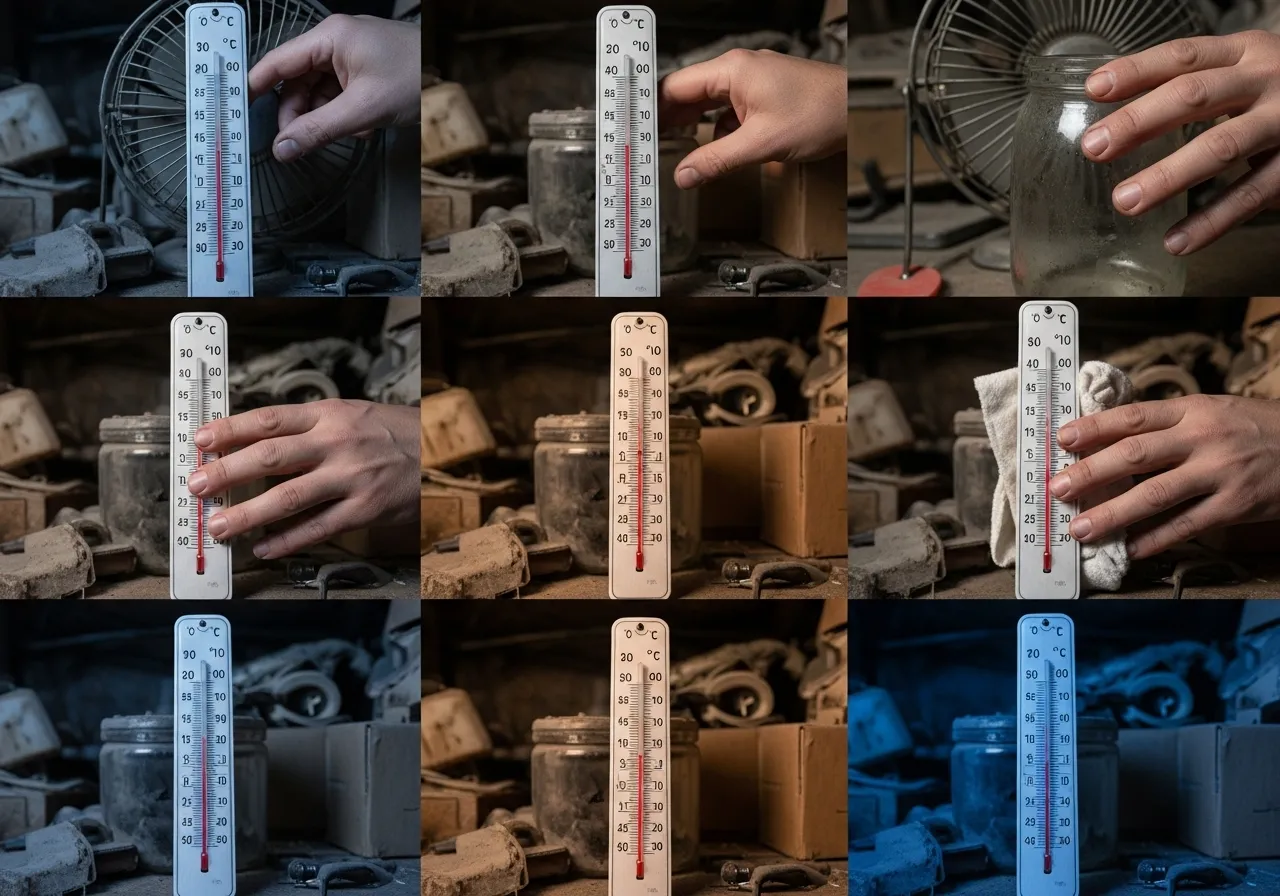
Understanding the Garage Environment: A Closer Look at the Risks
Before we dive into the specific items, it’s crucial to understand *why* the garage is so different from the rest of your home. Most residential garages are considered “unconditioned spaces,” meaning they lack the insulation and HVAC (Heating, Ventilation, and Air Conditioning) systems that keep your indoor living areas stable and comfortable. This creates three primary environmental threats to your stored goods.
Extreme Temperature Swings
Think of your garage as a buffer zone between the outdoors and your home. In the summer, its temperature can soar well above 100°F (38°C), especially in sun-drenched regions. This intense heat can warp plastics, degrade chemicals, spoil food, and destroy sensitive electronics. In the winter, temperatures can plummet below freezing, 32°F (0°C). This can cause liquids to freeze and expand, cracking their containers and ruining their contents. These constant fluctuations between hot and cold create a cycle of expansion and contraction that stresses materials, leading to premature failure.
High Humidity and Moisture
Garages are often damp. Concrete floors can wick moisture from the ground, and poor ventilation traps humid air. This moisture creates a high **relative humidity (RH)**, which is the amount of water vapor in the air compared to the maximum amount it could hold at that temperature. Experts at the U.S. Environmental Protection Agency (EPA) recommend keeping indoor humidity between 30% and 50% to prevent mold growth. Garage RH levels can easily exceed 60% or 70%, creating a perfect breeding ground for mold and mildew. This moisture also causes metal to rust, wood to rot, and cardboard boxes to turn to mush.
Pests and Uninvited Guests
To a mouse, raccoon, or spider, your garage is a luxury five-star hotel. It offers shelter from the elements, plenty of dark corners to hide in, and, if you’re storing certain items, a free buffet. Pests are more than just a nuisance; their droppings can pose health risks, and their chewing can damage not only your stored items but also your home’s wiring and structure. Effective garage organization is a key part of preventing pests in the garage, as clutter provides them with endless nesting spots.

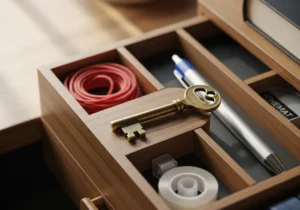


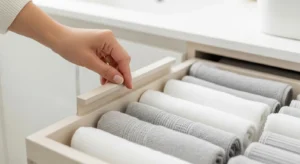
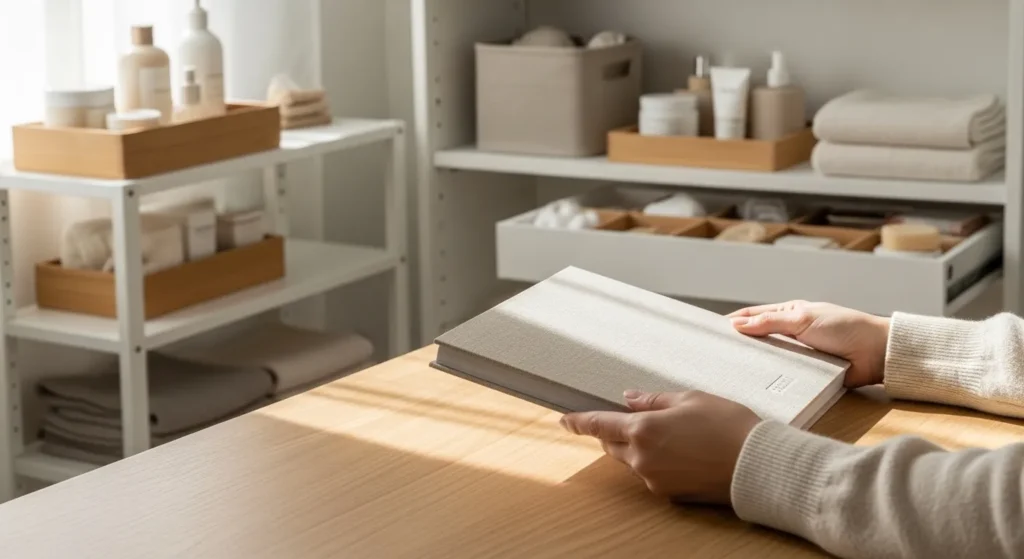
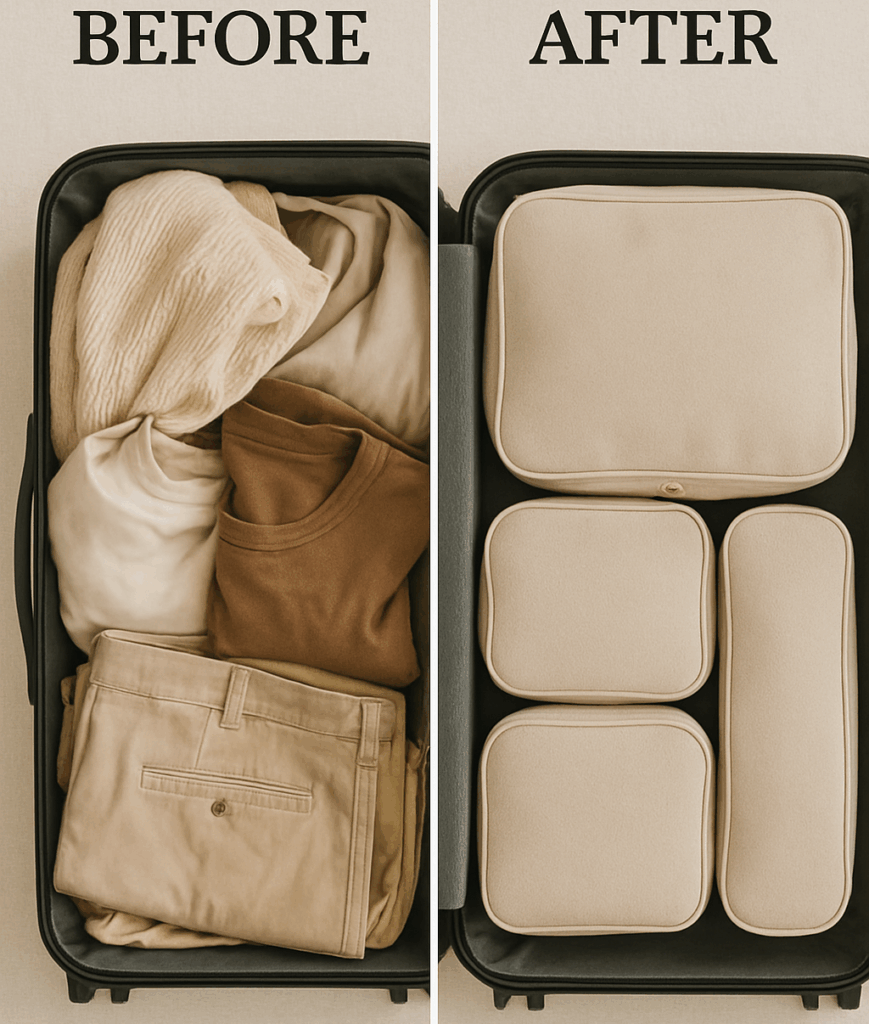


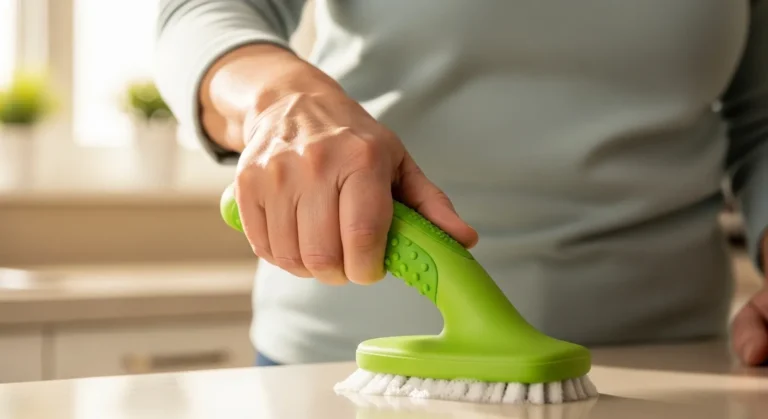
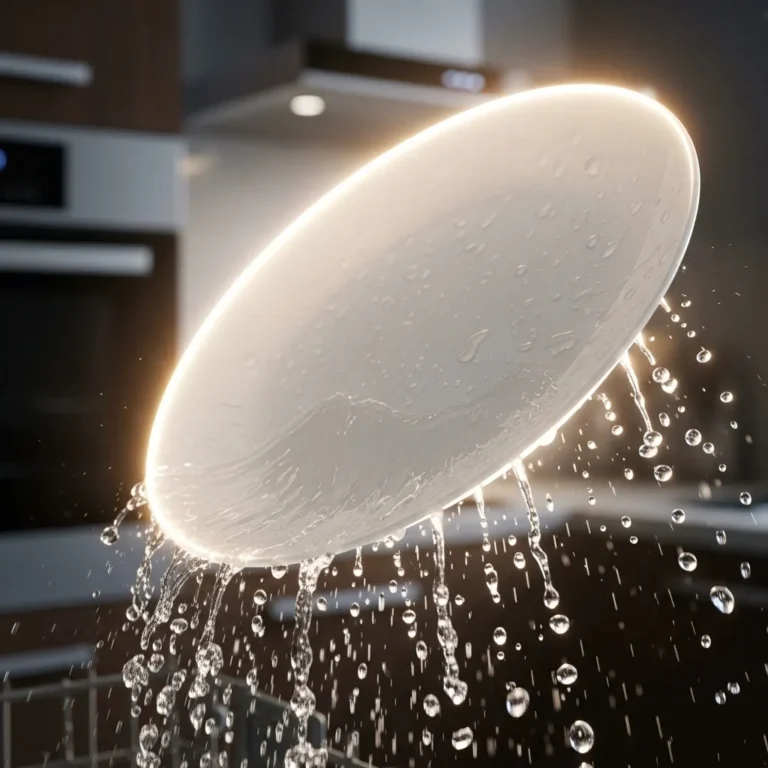

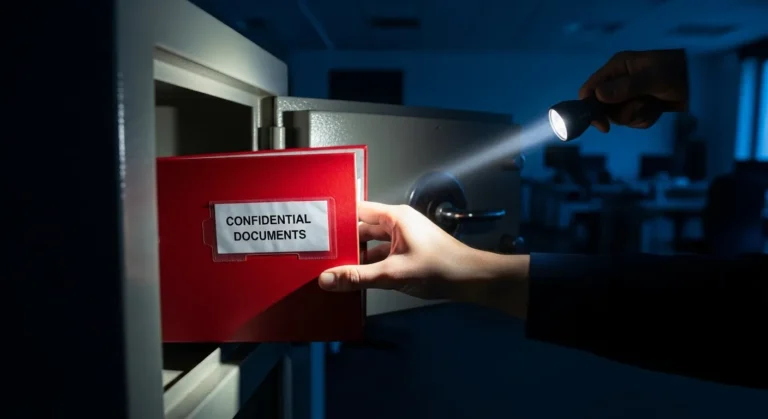

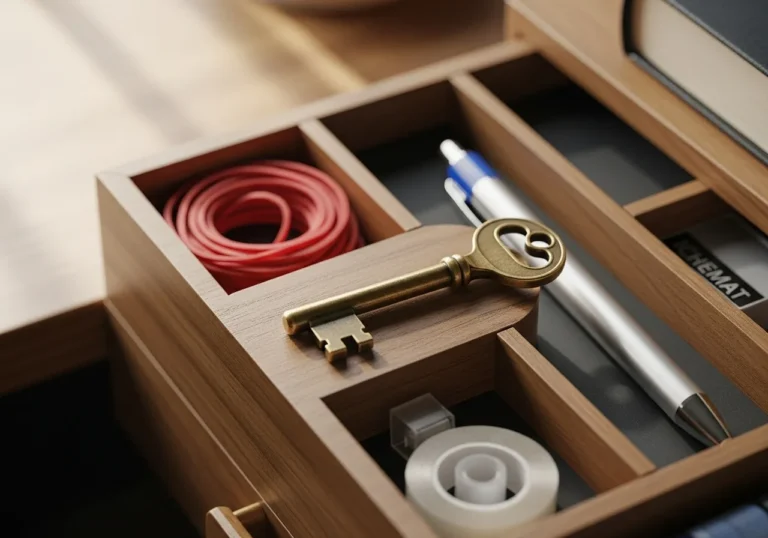


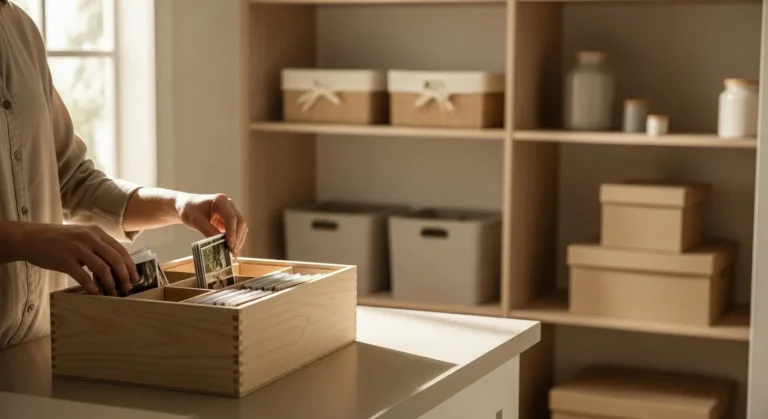
One Response
great